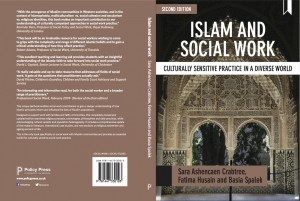 The complexities of multiculturalism as a social ontology and as a political discourse have taken a rapid and alarming turn to the right in a political moment of increasing social turbulence on issues that revolve around national identity, ethnicity and religion. It is therefore timely, if regrettably so, that the second edition of Islam and Social Work makes its debut this month.
The complexities of multiculturalism as a social ontology and as a political discourse have taken a rapid and alarming turn to the right in a political moment of increasing social turbulence on issues that revolve around national identity, ethnicity and religion. It is therefore timely, if regrettably so, that the second edition of Islam and Social Work makes its debut this month.
The first volume went to press in 2008, in my first year at BU, and my co-authors and I were overwhelmed when the book was showered with positive reviews. Regarded as not only the best, but the sole European text on this conspicuously important topic, it was also viewed as having no counterpart in the Global North (where the subject of social work and minority ethnic groups has been a dominant theme in the social work literature for decades). Since then it has been regularly cited and I been privileged to have anonymously reviewed dozens of papers on Islamic interpretations of social work practice. I have learned that Western social work is no longer the epicentre of practice – there are other worlds out there. I feel that this earlier book was, if nothing else, pivotal to opening the door much wider to be able to hear from our Muslim social work colleagues around the world, whose practice can challenge the restrictive, bureaucratised and therefore often inhuman professional processes in the UK
Strangely, however, over the years, despite the world having changed so very much since in terms of the shifting geo-political axes of power, the rise and fall of despotic regimes, the call for accountability of Western leaders implicated in invasion of Gulf nations, the Arab Spring, global terrorism, Al-Qaeda and later the monstrous birth of imploding Daesh – no one has produced a text to supersede the old first edition. And so, reader, we, Fatima Husain, Basia Spalek and I decided to produce the 2nd edition, which has been fully revised and updated, rewritten virtually from scratch, and I believe we have produced a book that is specific in detail, expansive in scope and completely international in outlook.
We hope that this will be a text that is the first port of call for all social work students across the globe who are interested in learning more about competent and sensitive practice with Muslim service user and client groups across the lifespan, as well as discovering the many beauties and wise profundities that are embedded, but often overlooked, in the youngest of the Abrahamic religions, Islam.
Professor Sara Ashencaen Crabtree
Professor of Social & Cultural Diversity
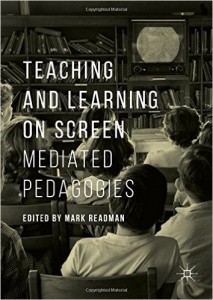



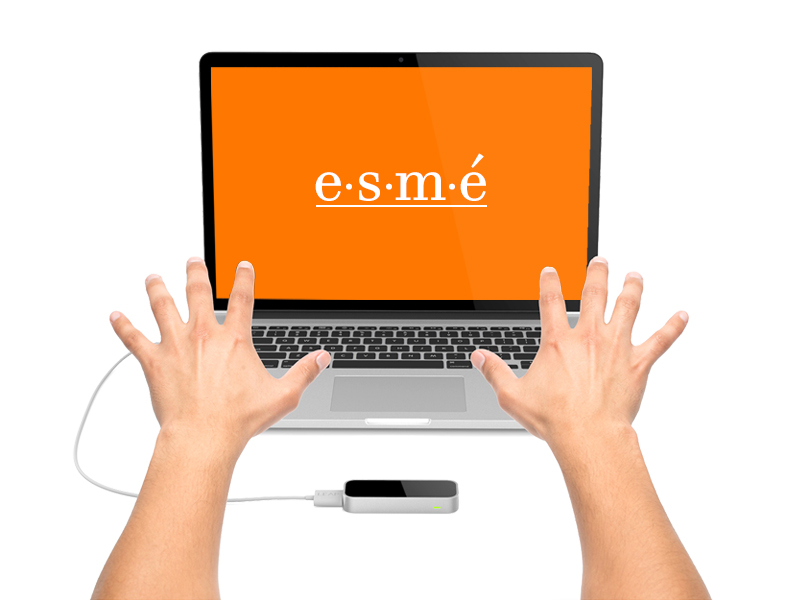
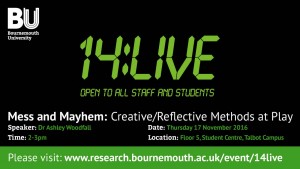
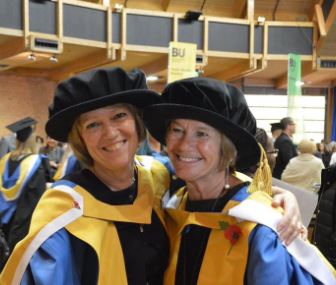
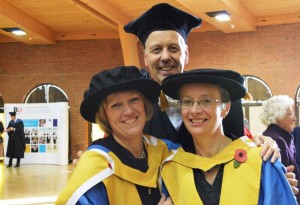
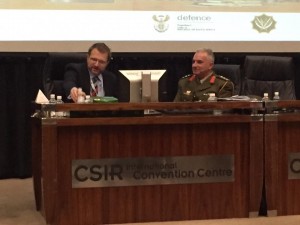
 The complexities of multiculturalism as a social ontology and as a political discourse have taken a rapid and alarming turn to the right in a political moment of increasing social turbulence on issues that revolve around national identity, ethnicity and religion. It is therefore timely, if regrettably so, that the second edition of Islam and Social Work makes its debut this month.
The complexities of multiculturalism as a social ontology and as a political discourse have taken a rapid and alarming turn to the right in a political moment of increasing social turbulence on issues that revolve around national identity, ethnicity and religion. It is therefore timely, if regrettably so, that the second edition of Islam and Social Work makes its debut this month.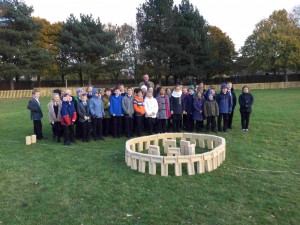











 Beyond Academia: Exploring Career Options for Early Career Researchers – Online Workshop
Beyond Academia: Exploring Career Options for Early Career Researchers – Online Workshop UKCGE Recognised Research Supervision Programme: Deadline Approaching
UKCGE Recognised Research Supervision Programme: Deadline Approaching SPROUT: From Sustainable Research to Sustainable Research Lives
SPROUT: From Sustainable Research to Sustainable Research Lives BRIAN upgrade and new look
BRIAN upgrade and new look Seeing the fruits of your labour in Bangladesh
Seeing the fruits of your labour in Bangladesh ECR Funding Open Call: Research Culture & Community Grant – Apply now
ECR Funding Open Call: Research Culture & Community Grant – Apply now ECR Funding Open Call: Research Culture & Community Grant – Application Deadline Friday 12 December
ECR Funding Open Call: Research Culture & Community Grant – Application Deadline Friday 12 December MSCA Postdoctoral Fellowships 2025 Call
MSCA Postdoctoral Fellowships 2025 Call ERC Advanced Grant 2025 Webinar
ERC Advanced Grant 2025 Webinar Update on UKRO services
Update on UKRO services European research project exploring use of ‘virtual twins’ to better manage metabolic associated fatty liver disease
European research project exploring use of ‘virtual twins’ to better manage metabolic associated fatty liver disease